Advanced Research in Computational Sciences & Artificial Intelligence
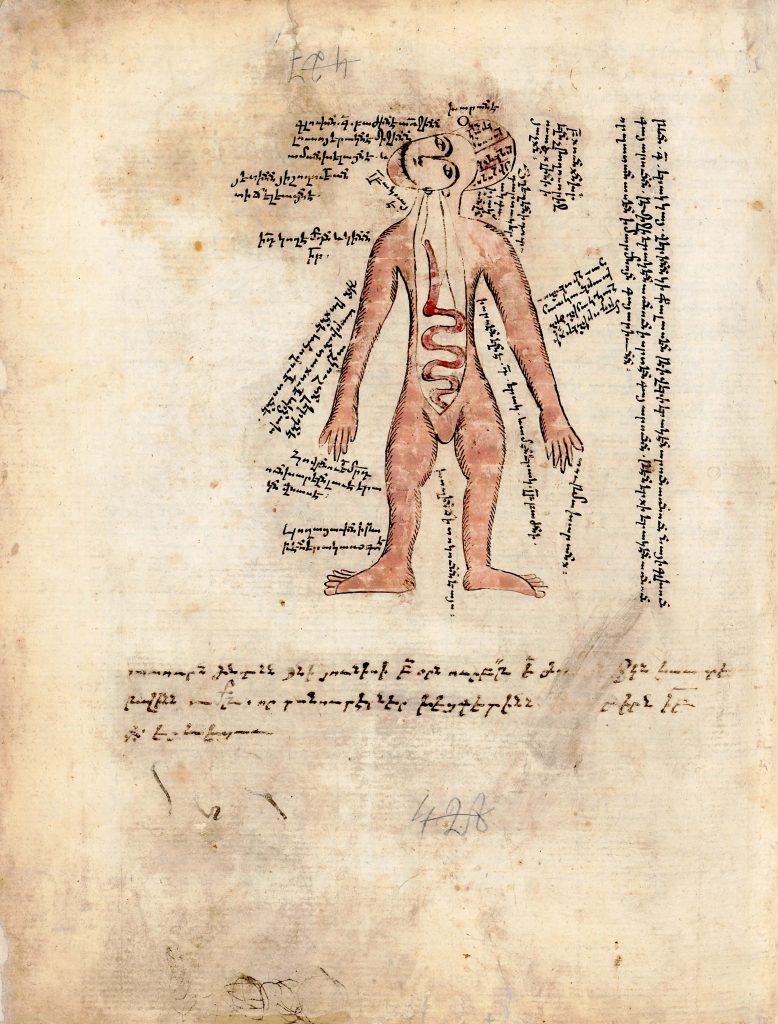


Advanced Research in Computational Sciences & Artificial Intelligence


Start small, and build towards regional & international prominence
Budget for 2025-26


Total support request for the Life Sciences program

Budget for 2025: $110,000
Budget for 2026: $290,000
An additional $350,000 has already been secured for the AI and Robotics programs.
❖ Delivering 8 courses to undergraduate and graduate students in Armenia in strategic areas of the life sciences: Clinical Immunology, Histology and Histopathology, Bioinformatics.
20 scholars from abroad teaching classes and engaging in collaborative research.
Training of local teaching assistants.

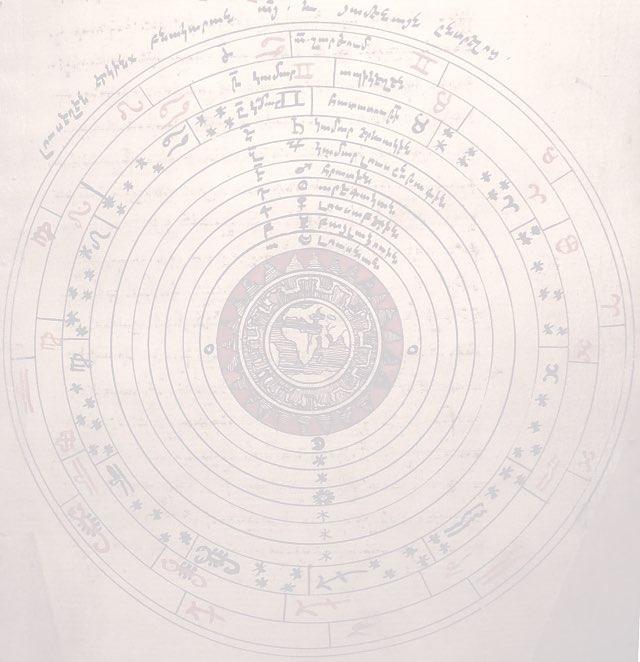
❖
Four week-long international summer school on Bioinformatics
❖ 3 visiting lecturers and 13 local scholars engaged.
❖ 100+ attendees from centers of excellence from around the world and Armenia
❖ Interfacing with local industry and academic institutions
Group research projects between international participants and local researchers during the Summer school.
Hosting three principal investigators in 2026 to engage them in teaching, scientific discussions, and the development of new collaborations.
Engagement with a group of 31 ASOF scholars from top universities and research centers in the world to seed future collaborations.
As Determined by the Council on an Ongoing Basis

Armenia has the potential to become a regional powerhouse in certain areas of science and technology that can provide for its security and wealth.
Key to achieving this is to make use of the extensive network of professional Armenians at universities and research centers around the world.
and training. Engineering
These directions require relatively modest resources for infrastructure, but a highly educated and skilled workforce that is internationally networked with centers of excellence around the world.
The strategy is to start with local capacity building
Governance Model & Operations

Appoints
ASOF Council Appoints
ASOF Advisory Groups Advises

❖ Teaching & training programs
❖ Research programs
❖ Grant writing
❖ Seminars & Workshops
❖ Visitor program
❖ Tech transfer office Board
Educational & Research Institutions
Financial Partners and Patrons
Project/Industry Partners
Appointed by the ASOF Executive Board
Armen Aghajanyan
FAIR (Meta)
Deep Learning, Large Language Models, NLP
Artur Alaverdyan
Co-Founder, Member of Board, Foundation for Armenian Science and Technology
Applied Physics, Entrepreneurship, High-Tech
Armen Askijian
Chief Technology Officer, Airbus U.S. Space and Defense
Aerospace Engineering, Space and Satellites, Mechanical Engineering
Diane Barber (chair)
Professor, Department of Cell and Tissue Biology, University of California San Francisco
Cell biology
Justin Du Bois
Henry Dreyfus Professor of Chemistry, Professor of Chemical and Systems Biology, by courtesy, Stanford University
Chemical Biology, Chemistry
Naira Hovakimyan
Professor, Department of Mechanical Science and Engineering, University of Illinois at Urbana-Champaign
Control Theory, Optimization
Adam Kablanian
High-Tech Executive, Entrepreneur, and Investor Founder of Alexandrea Winery
Electrical Engineering, High-Tech
Ann Karagozian
Distinguished Professor, Department of Mechanical and Aerospace
Engineering, University of California, Los Angeles
Combustion, Fluid Mechanics, Propulsion
A Committee of the Armenian Society of Fellows

Sarkis Mazmanian
Luis and Nelly Soux Professor of Microbiology, California Institute of Technology
Microbiology, Neuroscience
Alexandre Persat
Global Health Institute and Institute for Bioengineering, Ecole
Polytechnique Fédérale de Lausanne (EPFL)
Biology, Biophysics, Microbiology
Ardem Patapoutian (Nobel Laureate)
Professor, Department of Neuroscience, The Scripps Research Institute Biology
Neuroscience
Vahe Petrosian
Professor of Physics and Applied Physics Departments, Chair of Astronomy Program, Stanford University
Astrophysics, Cosmology
Dork Sahagian
Professor, Department of Earth and Environmental Sciences, and the Environmental Initiative, Lehigh University
Climate Change, Geophysics, Science and Society, Volcanology
Armen Zakarian
Vice Provost for Research, Professor and Chair, Department of Industrial and Manufacturing Systems Engineering, University of Michigan Dearborn
Data Analytics, Digital Manufacturing, Systems Engineering
Representatives from the Armenian Government (Ex-Of fi cio)
Ministry of ESCS
Ministry of HTI
Parliament of the Republic of Armenia
Appointed by the ARCS.ai Council

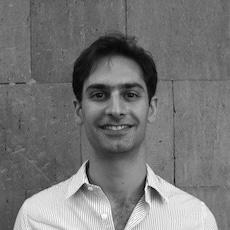

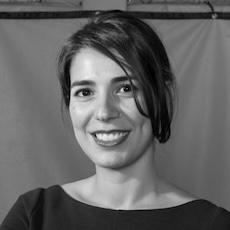

Haig Alexander Eskandarian
Department of Systems Biology, Harvard Medical School Biology, Medicine, Microbiology
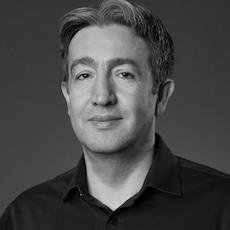
Aram Galstyan
University of Southern California, Amazon Artificial Intelligence, Computer Science
Ivan Aprahamian Professor, Chair of the Chemistry Department, Dartmouth College Organic Chemistry, Adaptive Materials

Oshin Peroomian (Treasurer)
CTO Metacomp Technologies, Inc. and Adjunct lecturer at AUA
Computational Fluid Dynamics, Computational Multi-Physics
Nora Ayanian (chair)
Professor, Brown University
Computer Engineering, Computer Science, Robotics

Karen Eguiazarian (Vice-Chair)
Professor in Signal processing, Tampere University, Finland, and CEO of Noiseless Imaging Ltd
Computational imaging & optics
Vatche Sahakian (Secretary)
Burton Bettingen Professor in Theoretical Physics at Harvey Mudd College

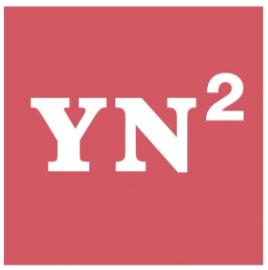
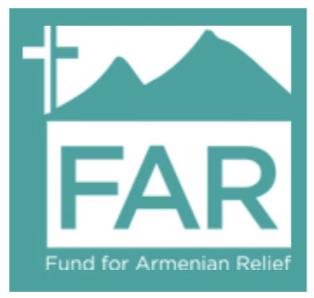



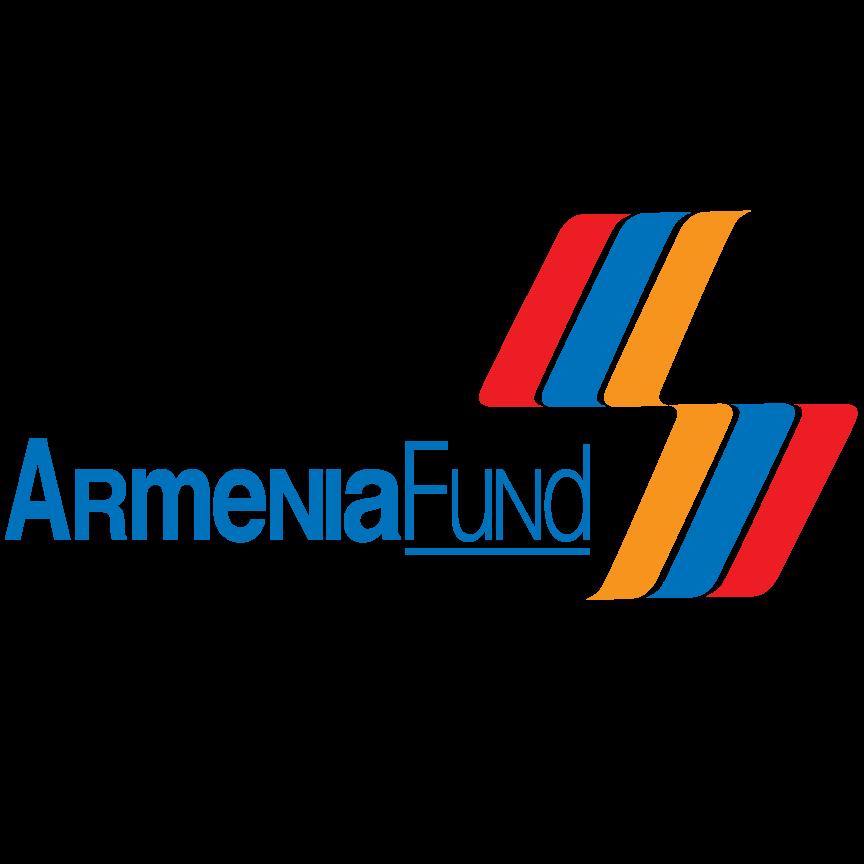



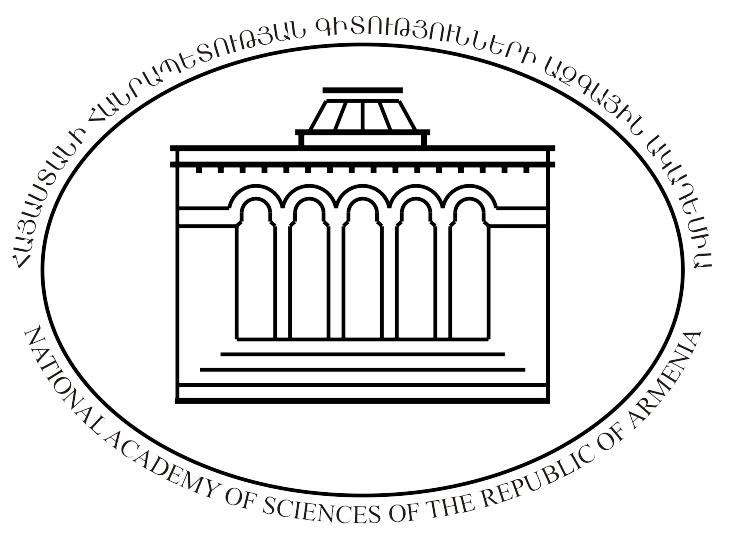
Prof. Raffi Aroian, Program in Molecular Medicine, University of Massachusetts Chan Medical School, US.
Dr. Karl Balabanian, INSERM Research Director, Deputy Director of the Saint-Louis Research Institute, Saint-Louis Hospital, France.
Prof. Ronald Balassanian, Anatomic Pathology Residency Director, Pathology Division, University of California San Francisco, US.
Dr. Nelli Bejanyan, Program Leader, Blood and Marrow Transplant and Cellular Immunotherapy, Moffitt Cancer Center, US.
Dr. Haig Alexander Eskandarian
Prof. Franck Galland, Aix-Marseille Université, Centre d’Immunologie de Marseille-Luminy (CIML), INSERM, France.
Dr. Sylvain Garciaz, Chef de clinique-Assistant des Hôpitaux, Institut PaoliCalmettes (IPC), CRCM, Aix-Marseille Université, CNRS, INSERM, France.
Prof. Sumeet Gujral, Department of Pathology, Tata Memorial Center, Mumbai, India
Prof. Robert Hasserjian, Director, Hematopathology Fellowship Program, Pathology Service, Harvard Medical School, US.
Prof. Bana Jabri, Department of Medicine at the University of Chicago, US.
Prof. Philippe Karoyan, Head of Biomolecules laboratory, Sorbonne Université, Ecole normale supérieure, PSL, CNRS, AP-HP, France
Dr. Aleksandr Lazaryan, Blood and Marrow Transplant and Cellular Immunotherapy, Moffitt Cancer Center, US.
Dr. Anna Martirosyan, Head of Scientific Department of Santé Arménie NGO, France.
Prof. Sarkis Mazmanian, Luis and Nelly Soux Professor of Microbiology, California Institute of Technology, US.
Prof. Arsène Mekinian, President of the French Group « MINHEMON », President of Santé Arménie NGO, Saint-Antoine Hospital, France.
Dr. Haig Minassian, Bayshore Medical Center at Hackensack Meridian Health, Holmdel, US.
Dr. Emilie Narni-Mancinelli, CRHC, INSERM, Centre d’Immunologie de Marseille-Luminy (CIML), France
Dr. Rosalynn Nazarian, Associate Pathologist, Massachusetts General Hospital, Associate Professor of Pathology, Harvard Medical School, US
Dr. Jihane Pakradouni, Director of Clinical Research and Innovation at the Institut Paoli-Calmettes, France.
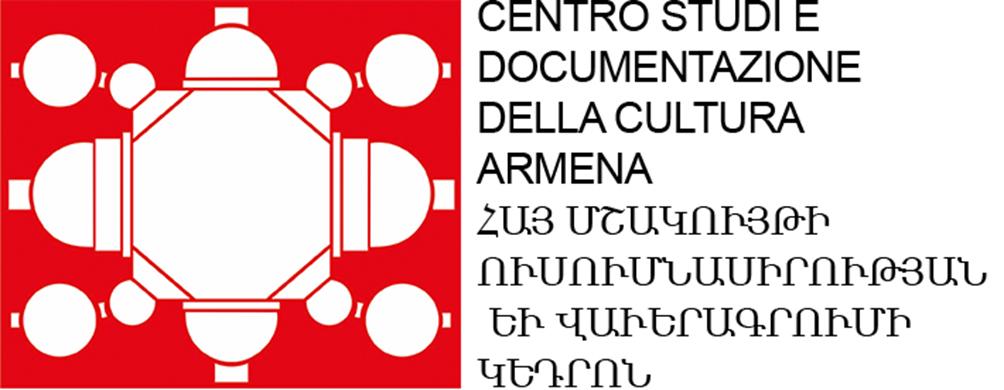

Prof. Alexandre Persat, Global Health Institute and Institute for Bioengineering, Ecole Polytechnique Fédérale de Lausanne (EPFL), Switzerland.
Dr. Carole Siret, Expert in Light Sheet Microscopy, Centre d’Immunologie de Marseille-Luminy (CIML), Aix-Marseille Université, France.
Dr. Aurélie Tchoghandjian, Head of the GlioME team, Institute of Neurophysiopathology, CNRS, France.
Stepan Nersisyan, Thomas Jefferson Laboratory, US
Hans Binder, Leipzig University, Germany
Roza Selimyan, Johns Hopkins University, US
Araks Martirosyan, Muna Therapeutics, Belgium
Anna Hakobyan, St. Anna Children’s Cancer Research Institute, Austria Vardges Tserunyan, Boehringer Ingelheim, US
Chrats Melkonian, Utrecht University, the Netherlands
Lucas Andrade Meirelles, EPFL, Switzerland
Susanna Avagyan, Stanford University, US
Oliver Trapp, Julius Kuhn-Institut, Germany
Dennis Kappei, National University of Singapore, Singapore
Bastian Fromm, The Arctic University of Norway, Norway
Dr. Anna Karapetyan, Head of Department, Head of chair of Human and Animal Physiology, Faculty of Biology, Yerevan State University, Armenia
Dr. Lilit Nersisyan, Director, Lab Leader, Armenian Bioinformatics Institute, Armenia + 17 member ABI team
Dr. Alvard Poghosyan, Head of the Histopathology Diagnostic Laboratory at Yeolyan hematology and oncology center, Yerevan, Armenia
Dr. Anna Martirosyan
Head of Scientific Department of Santé Arménie NGO
Dr. Lilit Nersisyan
Director, Lab Leader, Armenian Bioinformatics Institute
Clinical Immunology
14 weeks including hands-on training for 2 weeks
1. General Immunology
2. Immunopathology
3. Biotherapies
Histology and Histopathology
14 weeks including hands-on training for 2 weeks
1. Overview of the IHC technique
2. Introduction to Digital Pathology
3. Hematopathology
4. Breast and Skin pathology
Master Class
4 days


International Summer School in Genome Bioinformatics
Bioinformatics Algorithms
Functional Genomics
Group projects
1. Machine Learning-Based Identification of Bacterial Biomarkers for Disease Classification
2. Discovery of Telomeric Biomarkers for Cancer Detection in Cell-Free DNA
1. Scientific Writing
2. Leadership in Science
3. Career Development
3. Genomic Characterization of Population Structure in Caucasian Grape Varieties Using Whole-Genome Sequencing
4. Dissecting Lung Cancer Heterogeneity via Single-Cell Transcriptomic Profiling
❖ The Binder Lab, focusing on cancer and plant genomics
❖ The Nersisyan Lab, investigating host-microbiome interactions with a focus on aging and microbiome dynamics
❖ The Bioinformatics Core Facility, providing genomics data analysis and sequencing services in collaboration with the Institute of Molecular Biology, NAS RA
Bioinformatics collaborations
The project plans to host three principal investigators (PIs) in 2026 to engage them in teaching, scientific discussions, and the development of new collaborations. These visits will also serve as an opportunity to apply for international grants and receive mentorship. The PI’s will be selected based on expertise in research in cancer multi-omics, the microbiome, and liquid biopsies.
Each PI will spend up to four weeks in Armenia, working closely with the ABI team, mentoring students, and interacting with the broader life science community. During their visit, the PI’s will also deliver lectures as part of the OMICSS-26 Summer School in Genome Bioinformatics. At the end of their stay, following the school’s bootcamp, we will organize a two-day conference showcasing current research from the visiting PI’s, ABI researchers, and other scientists in the field.

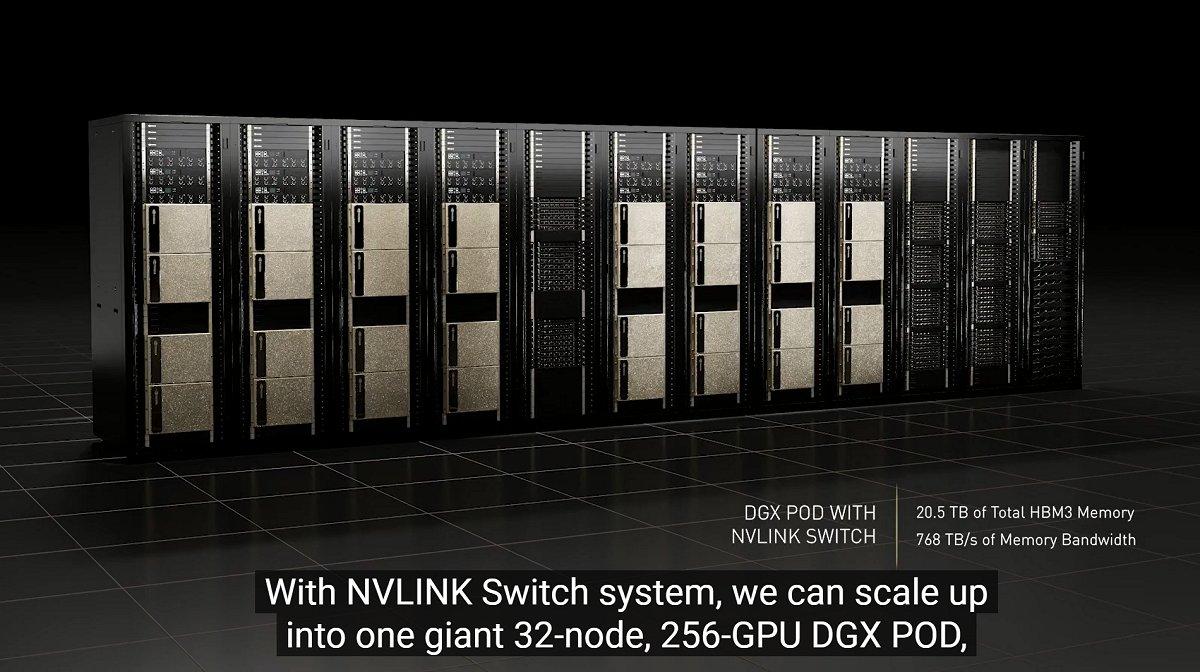


research operations in partnership with YerevaNN meant to interface with other disciplines like the Life Sciences, Robotics, and Biomedical Imaging. This program is coordinated with the recently purchased $7 million Nvidia supercomputer, and the recently launched $500 million Firebird initiative.


The Armenian Society of Fellows
Société Savante Arménienne Bibliothèque Nubar, 11 Sq. Alboni, 75016 Paris, France